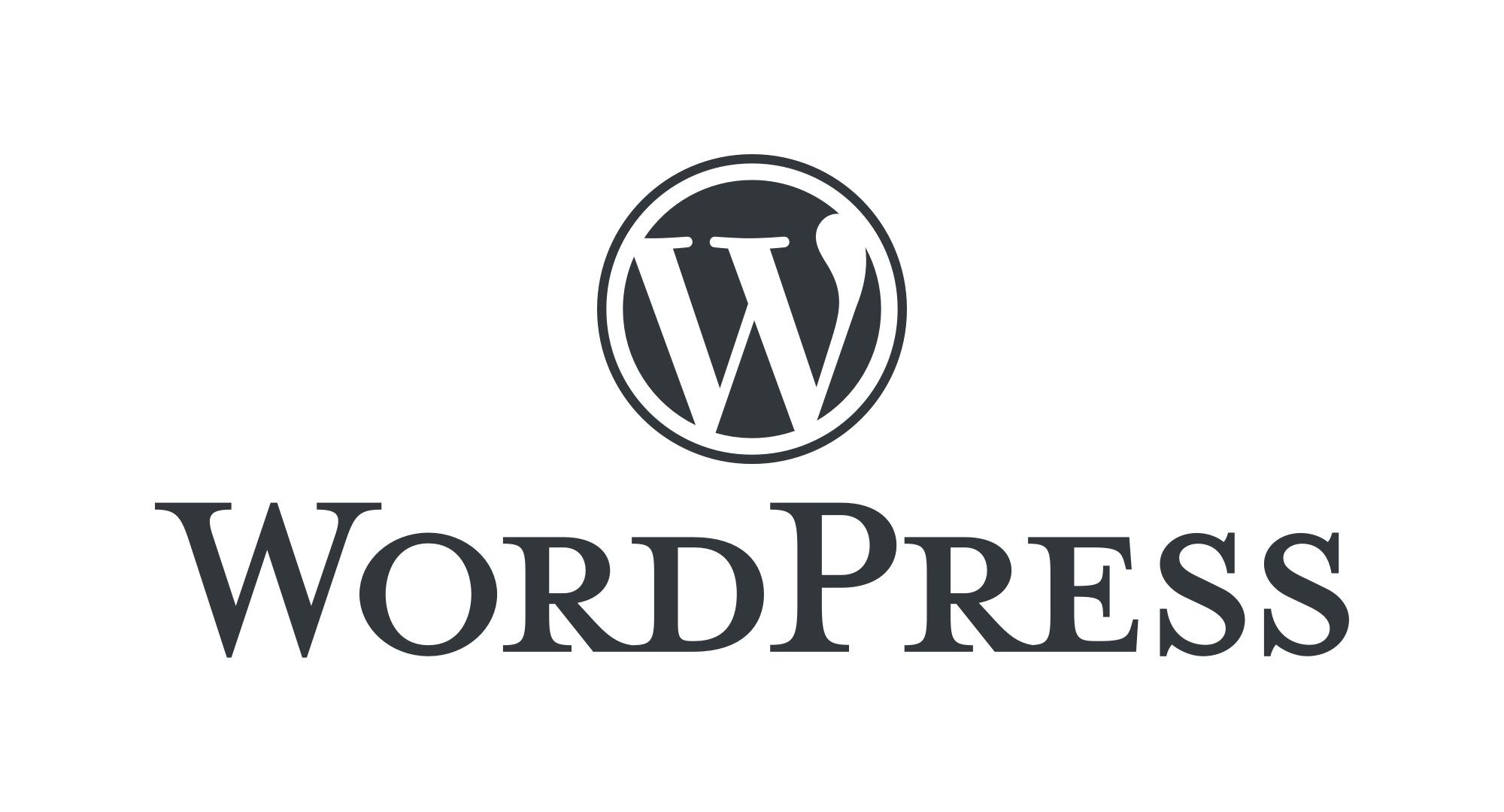Web hosting vs WordPress hosting: Which is best?
Comparing and contrasting the two types of hosting

Building a website may be easier now than it’s ever been, particularly with the best website builders, but new website owners still face a lot of different decisions in the process. One of the most important decisions you have to make early on is figuring out which of the best web hosting services are ideal for your website.
You’ll find a lot of different terms and categories in your research about web hosts—It’s a lot to navigate. A question you’ll want to understand early on is how web hosting and the best WordPress hosting compare, and here we pit web hosting vs WordPress hosting to help you make a choice between the two.
What is web hosting?

Web hosting is an essential service for every website. Every website is essentially a collection of files. When you’re in the designing phase, those files might all live on your personal computer or in the software you’re using to design your website. But when you’re ready for them to be published to the web, they need to be stored on a physical server that can serve them up to each person that comes to your website.
Web hosting providers own and maintain physical servers for this purpose, and most website owners rent out space on those servers to host their websites.
What is WordPress hosting?
WordPress hosting is a subset of web hosting services focused on websites built on the content management system (CMS) WordPress. WordPress hosting plans include features and services that ensure the web hosting works seamlessly with any WordPress website.
The particulars of a WordPress hosting plan will vary depending on the web hosting provider you go with, but they’ll typically make it easy to install WordPress with your web host, offer security features specific to WordPress vulnerabilities, and ensure your website stays up-to-date with each WordPress update.
WordPress hosting isn’t required for a website that uses WordPress, but in many cases it will be the best choice.
Web hosting vs WordPress hosting: What’s the difference?
The difference between web hosting and WordPress hosting is that web hosting refers to a broad category of services of which WordPress hosting is one specific type. The term web hosting describes a variety of types of web hosting plans, with a range of costs and features. WordPress hosting is a specialized type of web hosting for people with websites built on WordPress.
All WordPress hosting plans count as a form of web hosting, but only some web hosting plans are WordPress hosting.
WordPress hosting: what to know

WordPress has its own category of web hosting services because of its immense popularity. Around 42% of all websites are built using WordPress. That means there’s enough of a market of WordPress users for web hosting companies to offer plans specifically optimized for WordPress websites.
Reasons to consider WordPress hosting
WordPress hosting plans vary based on the plan and provider, but the best WordPress hosting plans will include some key benefits.
- Managed WordPress hosting: Most WordPress hosting plans are a form of managed hosting, where you get to outsource a lot of the technical work of web hosting to your provider. In the case of WordPress, that includes services like handling software updates and backups.
- WordPress compatibility: Any WordPress hosting plan should promise seamless compatibility between your web hosting account and WordPress itself. That includes working with the most up-to-date version of PHP, the programming language WordPress uses.
- Enhanced security: WordPress websites face specific security vulnerabilities. WordPress hosting providers should be committed to keeping up-to-date on threats to WordPress and strengthening their security in response.
- Automatic updates: WordPress usually releases updates multiple times a year, and staying on top of them manually can be tedious. Many managed WordPress hosting plans do the job for you.
- Specialized support: A good WordPress hosting plan will provide customer support staff that understand WordPress well enough to provide expert responses to any questions or issues you have.
Limitations of WordPress hosting
WordPress hosting makes sense for a lot of websites, but it’s not necessarily for everyone.
Get instant access to breaking news, the hottest reviews, great deals and helpful tips.
- It’s only for WordPress websites. The most obvious limitation of WordPress hosting is that it’s only useful for websites built on WordPress. If you used a website builder or another CMS, it won’t make sense for you.
- It costs more than basic shared hosting plans. WordPress hosting—especially managed WordPress hosting plans—typically cost more than basic shared web hosting plans. If your needs are simple and you just want the most affordable web hosting option, it’s not for you.
- Not all WordPress hosting plans are created equal. The benefits we listed above are included in many WordPress hosting plans, but not all. Don’t assume that just because something’s labeled “WordPress hosting,” you’ll get all the features and services you want from it. Look closely at each plan you consider to learn what it offers.
Web hosting: What to know

Web hosting is a necessary expense for every website, but web hosting plans vary considerably in terms of type, cost, and the features and benefits they provide. The main factor that determines the cost and value of a web hosting plan is what type of plan it is. The main categories you’ll see are:
- Shared hosting: With shared hosting, your website will be one of many sharing a particular web server. That means it’s cheaper, but also that you have less bandwidth and space to work with. Shared hosting makes sense for many new and smaller websites, but some outgrow it.
- VPS (virtual private server): A VPS is still shared, but fewer websites will be on the server, and each one is sectioned off so you don’t have to worry about your website being affected by the traffic surges of another. It costs more than shared hosting, but delivers a better performance.
- Cloud hosting: With cloud hosting, instead of your website being stored on one server, your provider will use a series of different servers that are all connected. For websites with inconsistent traffic levels, cloud hosting makes it easy to scale up and down as needed.
- Dedicated server: For websites or applications that are either especially complex or get a lot of traffic, a dedicated server ensures you don’t have to share your server with any other website. It costs more than other options, but provides the most power and bandwidth.
WordPress hosting isn’t a different type of plan from these, rather it's a category that can fall under any one of them. Depending on the plan you go with, it could be shared WordPress hosting, cloud WordPress hosting, etc, so you’ll want to check before signing up for a WordPress hosting plan to learn which type it is.
The difference with WordPress hosting is less about the server it's on, and more about the additional features that come with it.
Web hosting vs WordPress hosting: How to decide between the options
If you have a WordPress website, managed WordPress hosting is a good choice if you want a web hosting plan that will make your life a little easier, since you won’t have to worry as much about updates and security. It can also be a smart choice if you aren’t particularly tech savvy, and want the convenience of having expert WordPress support on hand.
But if you either don’t have a WordPress website, or if your priority is choosing the most affordable option, then another web hosting plan may make more sense.
Further reading on WordPress, hosting, and website builders
It's worth looking into which providers we ranked among the best website builders for WordPress, and to then check out our step-by-step guide on how to build a website with WordPress. When it comes to WordPress hosting, see our seven top reasons for choosing managed WordPress hosting. Finally, learn the most common WordPress website mistakes and how to avoid them, as well as the WordPress myths we've debunked.

Kristen Hicks is a freelance content marketing writer and lifelong learner with an ongoing curiosity to learn new things. She uses that curiosity, combined with years of experience researching and writing, to cover tech topics for Tom’s Guide. She has five furry co-workers, an ever-growing book collection, and a (usually) well-stocked wine rack. You can find her on Twitter at @atxcopywriter.
 Club Benefits
Club Benefits






